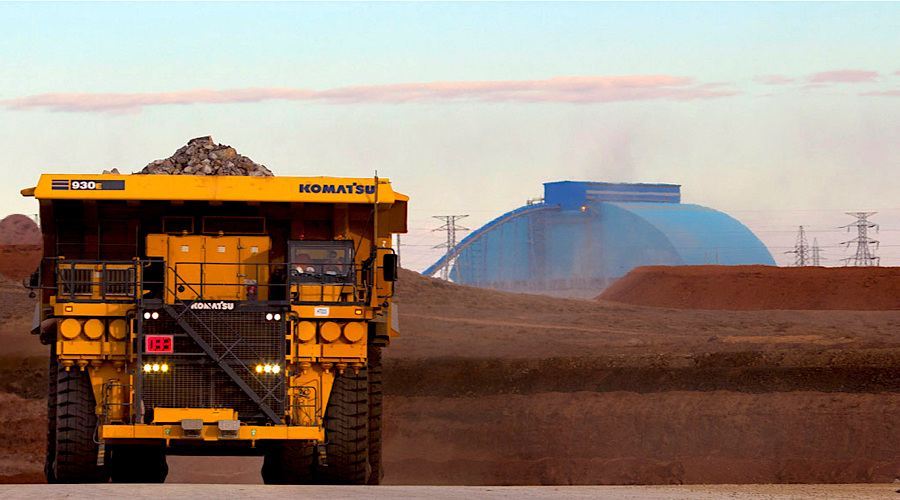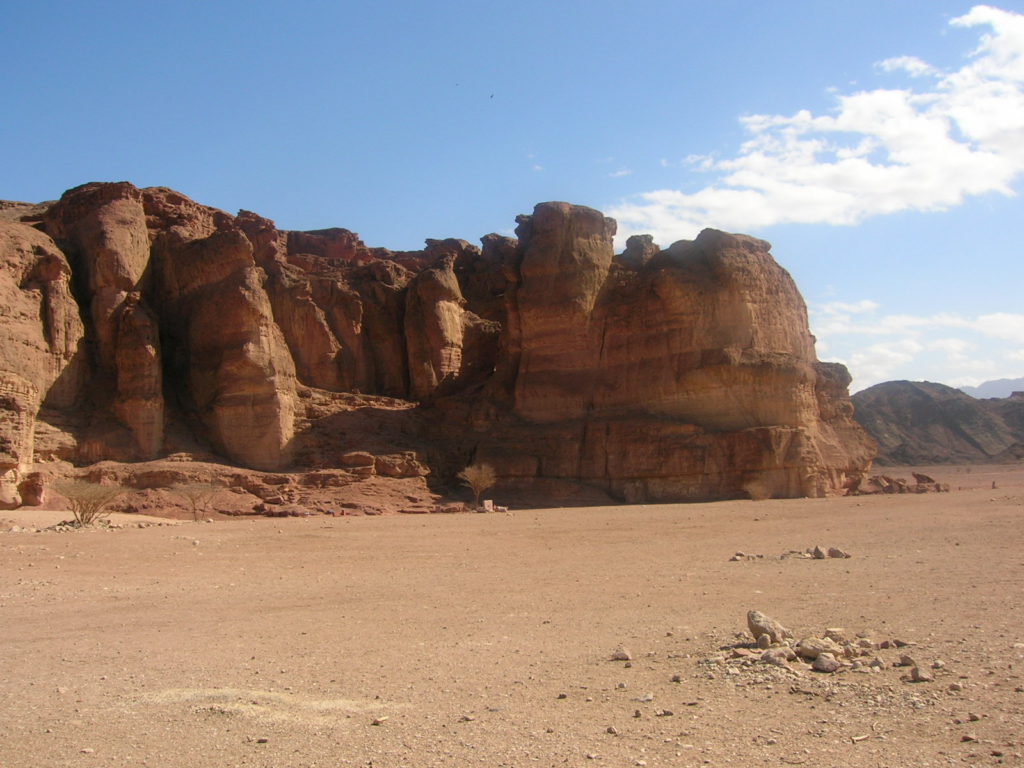Mining
Friday, October 20th, 2023 2:18 pm EDT
Key Points
- The Inter-American Commission on Human Rights has determined that mining practices in British Columbia could violate the fundamental human rights of communities and tribes in Southeast Alaska, marking a significant development in the ongoing effort by Southeast Tribal leaders to have a say in permitting Canadian mine projects.
- Southeast communities and tribal governments in Alaska, as well as the state’s congressional delegation, have expressed concerns about mining practices in British Columbia, particularly in areas with “transboundary” watersheds that flow from Canada to Southeast Alaska.
- The international human rights complaint filed by the Southeast Alaska Indigenous Transboundary Commission (SEITC) cites three main human rights violations: threats to the life and personal security of downstream communities, potential harm to health and well-being through food security and clean water concerns, and harm to the cultural benefits of Southeast tribes due to potential river pollution caused by mines. The complaint could influence how the Canadian government and British Columbia approach mining practices, though compliance with the commission’s recommendations is not legally binding but could impact Canada’s reputation and investor sentiment. A final finding is expected early next year after responses from Southeast tribes and the Canadian government.
The Inter-American Commission on Human Rights has found that mining practices in British Columbia may violate the fundamental human rights of communities and tribes in Southeast Alaska. The Southeast Alaska Indigenous Transboundary Commission (SEITC), a consortium of 15 tribes advocating for watershed protections, filed an international human rights complaint against the federal government of Canada and the provincial government of British Columbia, alleging three main violations of human rights. These violations pertain to the downstream impacts of mining on communities, threats to health and well-being, and potential harm to the tribes’ cultural practices. While Canada is not legally bound to comply with the commission’s recommendations, such a finding could lead to reputational damage and impact investor sentiment. Southeast tribes hope for recognition and a seat at the table in decisions about mineral projects that could affect future generations. The commission’s final finding is expected in early 2024.
For the full original article, please click here: https://alaskapublic.org/2023/10/19/commission-finds-canadian-mining-practices-could-violate-southeast-alaska-tribes-human-rights/




